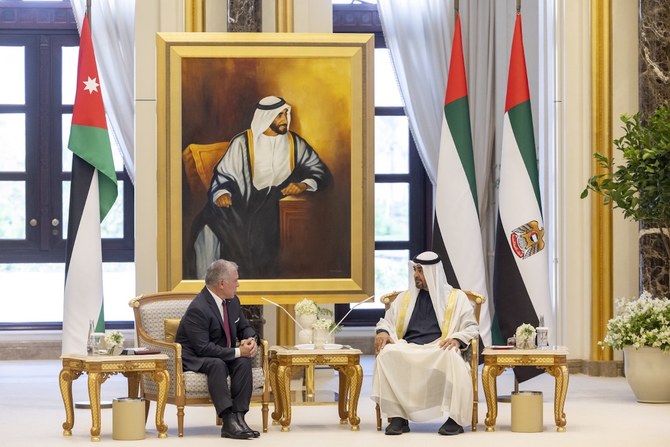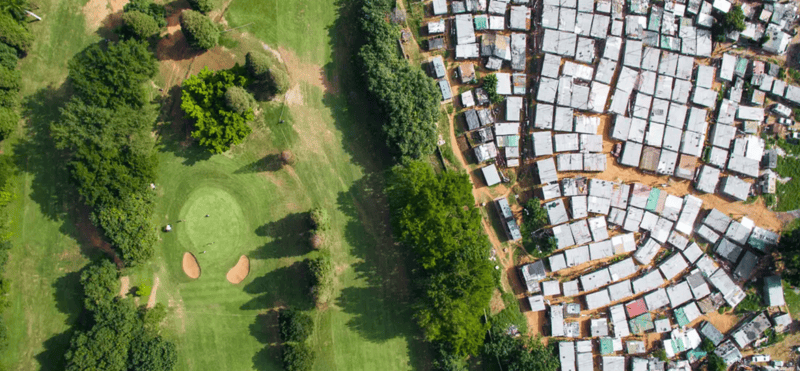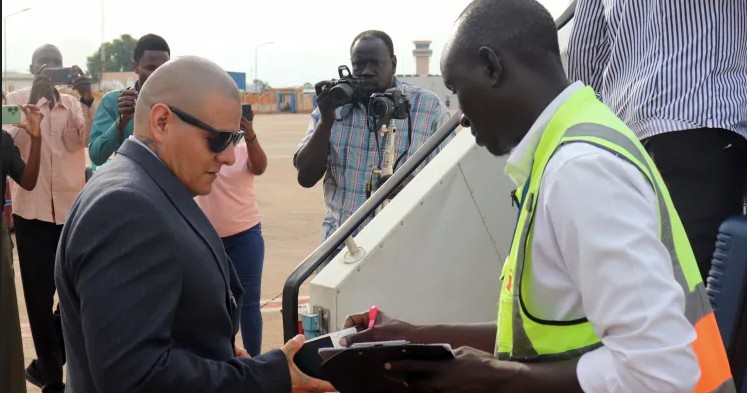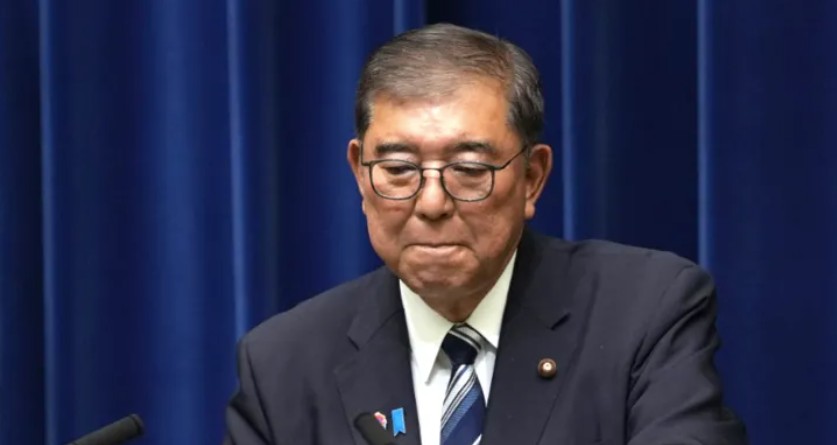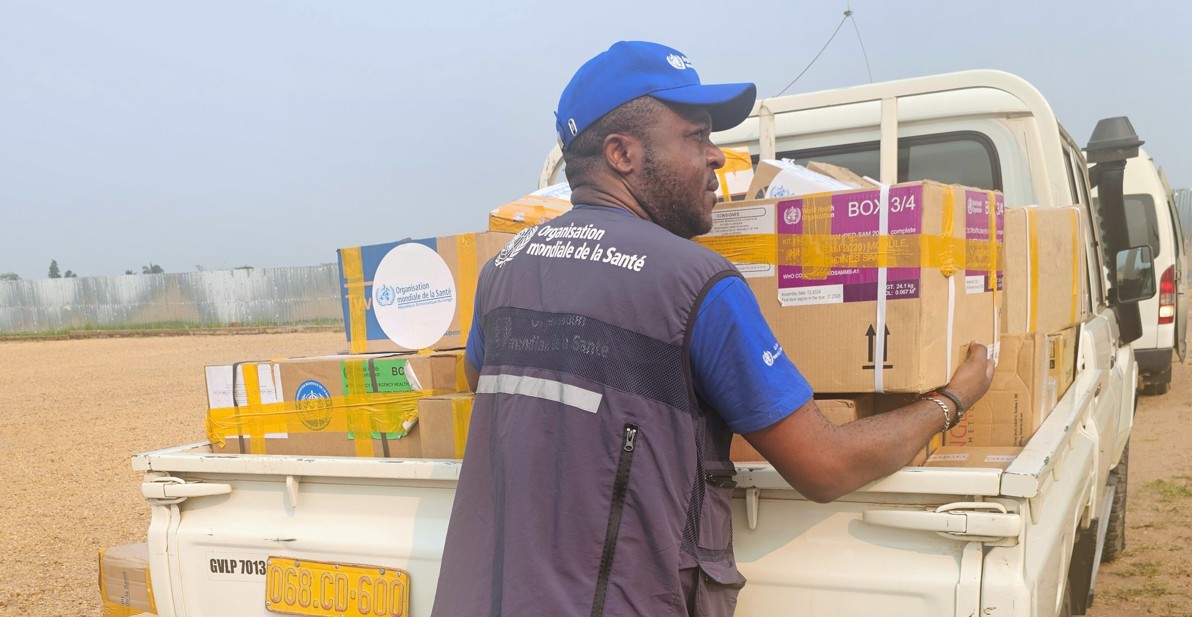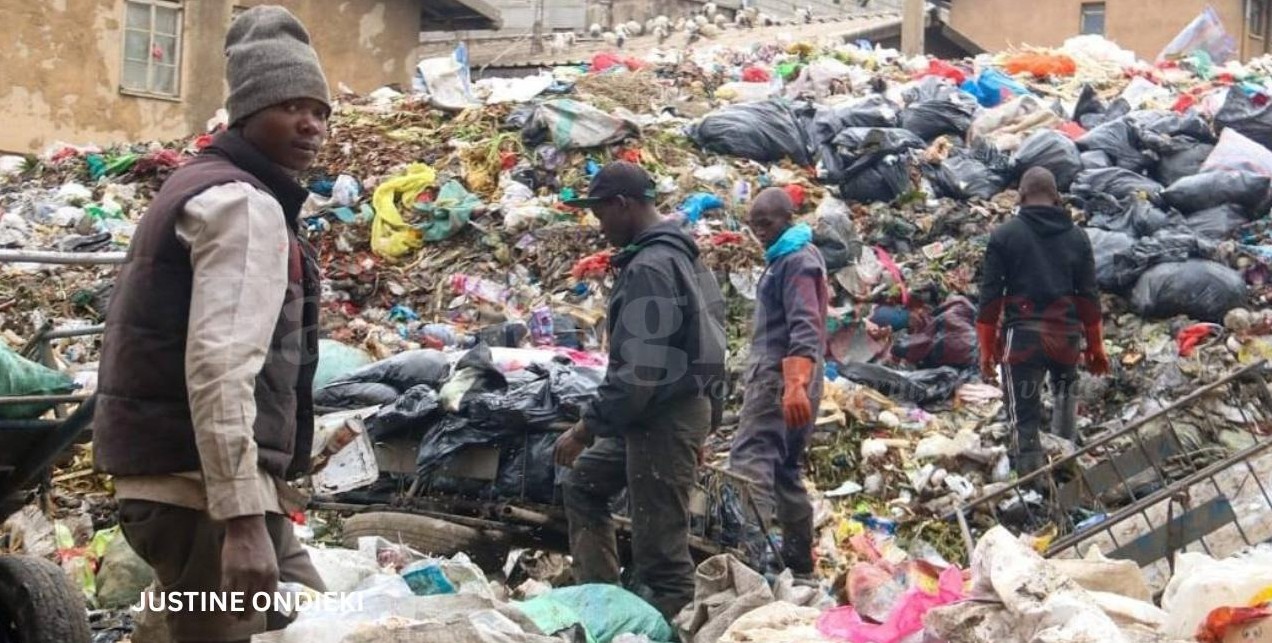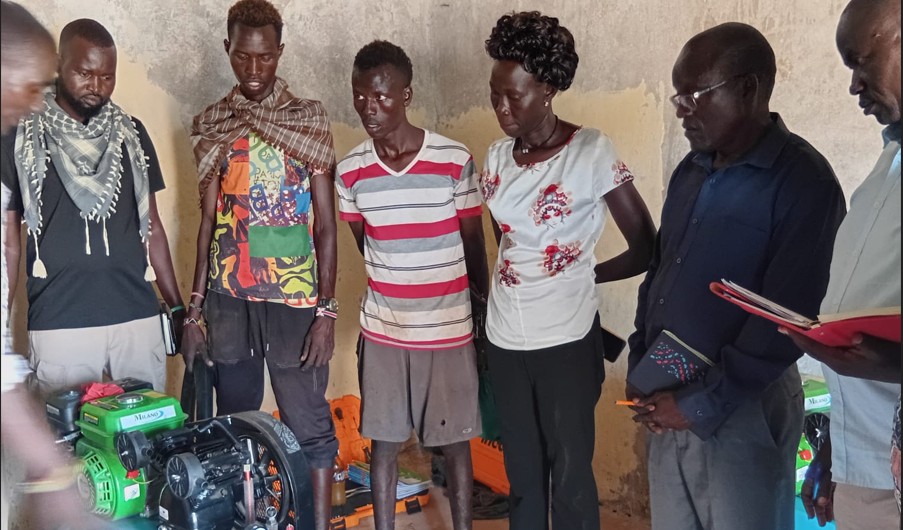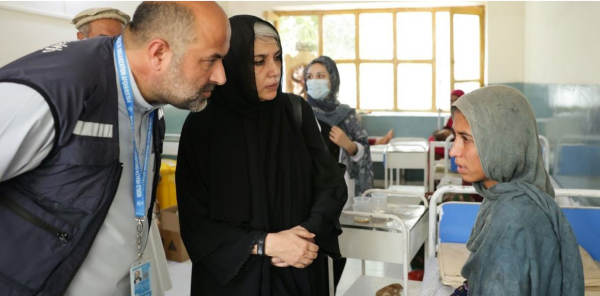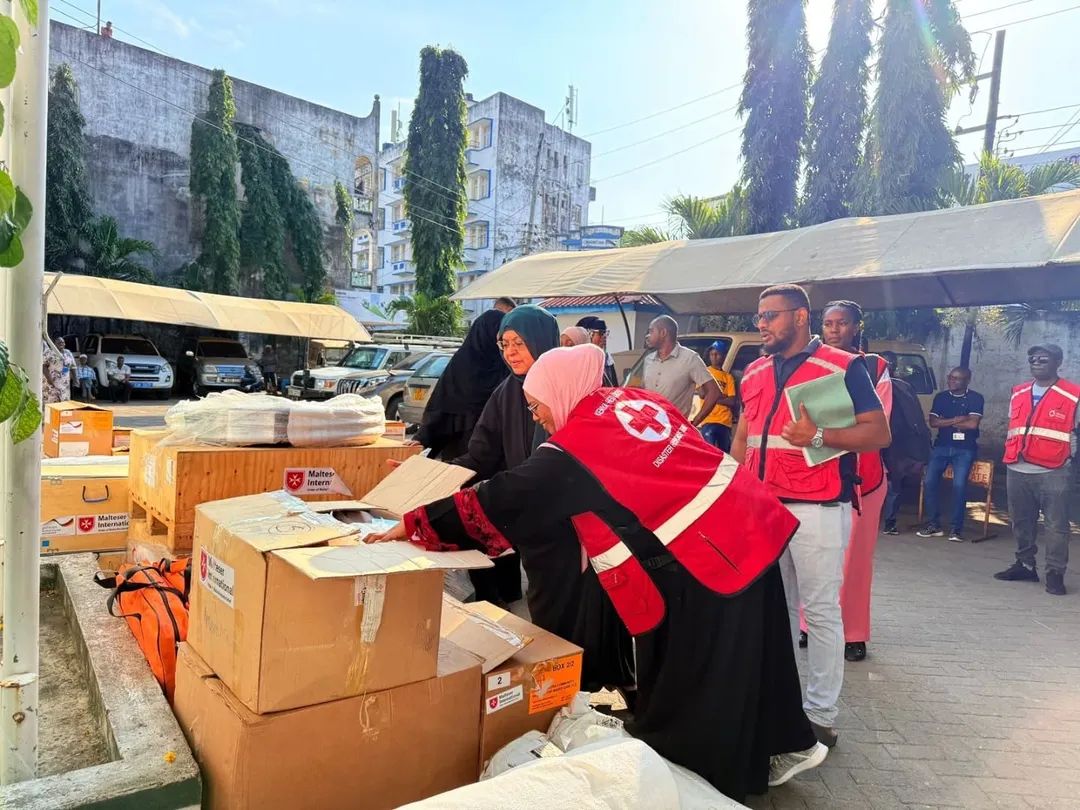Kenya contemplates renegotiating electricty deal amid Ethiopia's power shortage

Kenya agreed to purchase power at 6.5 US cents per kilowatt for the first five years before the two countries review the deal.
The Energy and Petroleum Regulatory Authority (EPRA) has raised an alarm regarding the energy crisis in Addis Ababa, Ethiopia, stating that Kenya may experience the knock-on effects.
Ethiopia is facing a severe electrification deficit, which has caused power outages in the country.
More To Read
- Lamu County turns to solar as widespread blackouts disrupt daily life
- MPs grill KETRACO over delayed power projects, pending bills and unpaid compensation claims
- More than 90 per cent of renewable projects now cheaper than fossil fuel alternatives - report
- Understanding Kenya Power’s tariff categories and how they affect your token amount
- Senator Sifuna demands probe into Kenya Power for billing unconnected Nairobi residents
- Kenya Power spent Sh151.7 billion, including billions on idle power, to guarantee supply – Wandayi
Kenya may experience power shortages as a result of importing electricity from Ethiopia, whose crisis has raised concerns throughout the East African region, according to EPRA.
Kenya is, therefore, contemplating renegotiating its 25-year power purchase agreement (PPA) signed with Ethiopia in July 2022 to cushion itself from power shortages.
In the deal known as the Nairobi Power Supply Agreement, Kenya agreed to purchase power at 6.5 US cents per kilowatt for the first five years before the two countries review the deal.
"As of now, they (Ethiopia) have not given any notification to Kenya or us, the regulator, (EPRA), that they are not able to meet the demand because these are contractual obligations. However, in terms of the security of power supply, yes, it is a risk," the EPRA’s Daniel Kiptoo told The East African.
"From the security of power supply standpoint, it could be a risk because even if they (Ethiopia) pay you damages (for breach of contract), the reality is that if there is a shortfall of power, then we have to renegotiate. They have not defaulted on any power delivery as of now but there is a risk,” Kiptoo added.
Ethiopia and Uganda are Kenya's sole electricity import partners and shortages in the two countries lead to frequent power outages.
The deal with Ethiopia was signed to provide reliable and affordable energy to over 870,000 to 1.4 million Kenyan households, including 18% in rural areas and Kenya hopes to renegotiate the agreement to ensure it still achieves its end goal. Kenya also agreed to the deal to replace costly national grid power and create reserves to meet peak demand.
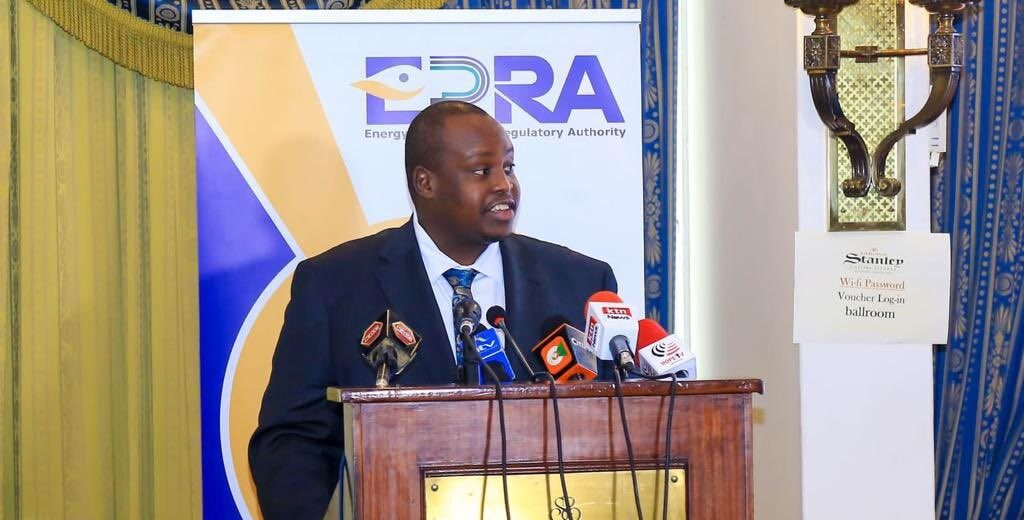 EPRA Director General Daniel Kiptoo addresses the media at a past workshop. (Photo: EPRA)
EPRA Director General Daniel Kiptoo addresses the media at a past workshop. (Photo: EPRA)EPRA Director General Daniel Kiptoo addresses the media at a past workshop. (Photo: EPRA)
Electricity deficit in Ethiopia
On April 3, this year, the World Bank warned that Ethiopia has the third largest energy access deficit in Sub-Saharan Africa as approximately half of the country’s population continues to lack access to reliable electricity, highlighting a significant challenge in the country's energy sector.
"The electricity deficit in Ethiopia continues to exacerbate the poverty situation, preventing far too many people from fulfilling their basic socio-economic needs and limiting access to opportunity," the World Bank stated.
It, therefore, launched the Power Sector Reform, Investment, and Modernisation Programme in Ethiopia, to boost the country's electricity sector, enhance financial sustainability, and promote the adoption of renewable energy sources.
The World Bank will collaborate with the government over the next decade, with a financing allocation of up to $1.4 billion. It has already approved a $522 million International Development Association credit for the initial phase of the programme, which focuses on critical infrastructure investments and sector reform measures that will improve the overall capacity of electricity utilities to expand connections.
The Ethiopian Electric Utility (EEU) and Chinese telecom giant Huawei also signed a Memorandum of Understanding (MoU) on Friday, April 12, 2024, to provide alternative electricity to communities living in Ethiopia’s off-grid areas, including charging stations for electric vehicles, and sophisticated technologies to improve facility operations.
Top Stories Today
